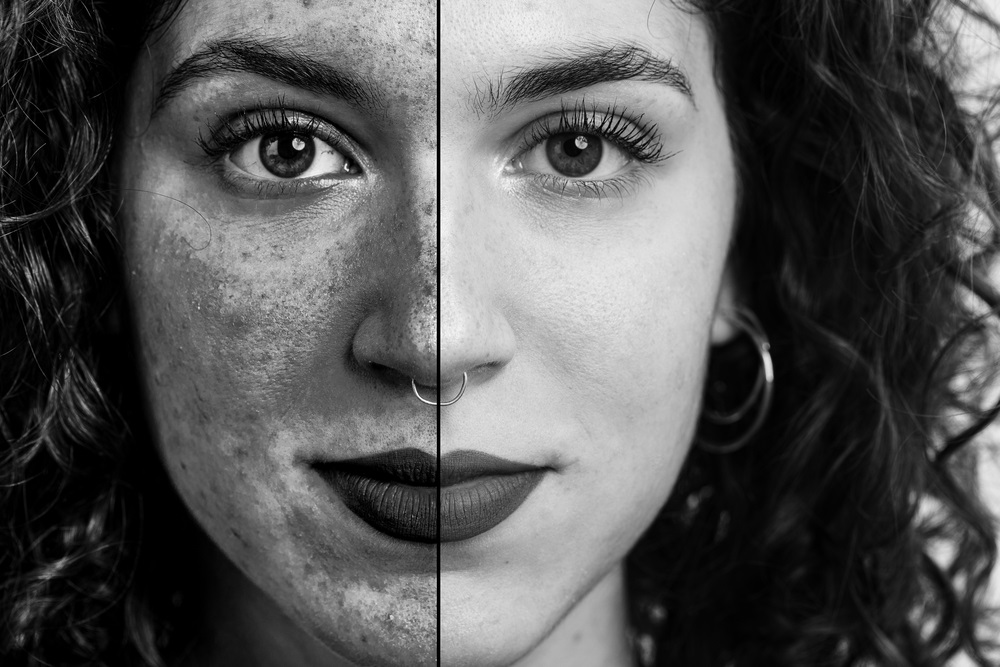Acne is a common skin condition affecting millions of people, from teenagers to adults. While conventional treatments like topical creams and prescription medications exist, many prefer exploring natural, DIY methods to tackle breakouts. This blog provides a comprehensive guide to the best way to get rid of pimples, home remedies for different acne types, and lifestyle changes that promote clearer skin.
We’ll also explore the science behind some of these remedies and help you understand how to get rid of pimples fast and even try to get rid of pimples overnight with targeted treatments. Whether you’re dealing with blackheads, hormonal acne, or cystic acne, this guide offers practical, evidence-based solutions for an acne-free complexion.
What is Acne?
Acne is more than just a skin issue; it’s a complex condition that can vary in severity and appearance. It can manifest as:
- Blackheads: Open comedones that are blocked pores.
- Whiteheads: Closed comedones under the surface of the skin.
- Cystic Acne: Deep, painful pimples.
- Papules and Pustules: Small, red pimples or pus-filled lesions.
Different Skin Types and Acne
Acne affects individuals differently depending on skin type:
- Oily skin: More prone to clogged pores due to excess sebum.
- Combination skin: Breakouts often occur in the T-zone.
- Sensitive skin: Prone to irritation, which can worsen acne.
Understanding your skin type helps you choose the best way to remove pimples and maintain a healthy routine.
Causes of Acne: Beyond the Basics
While acne is often attributed to hormonal imbalances and genetics, there are other triggers:
- Diet and Gut Health: Recent studies suggest that foods high in sugar and refined carbs can worsen acne. A poor diet disrupts gut health, which can manifest on your skin.
- Stress: Stress hormones can exacerbate breakouts.
- Pollution and Environment: Dirt and debris clog pores, causing acne flare-ups.
Top 10 Scientifically Proven Home Remedies for Acne
1. Tea Tree Oil
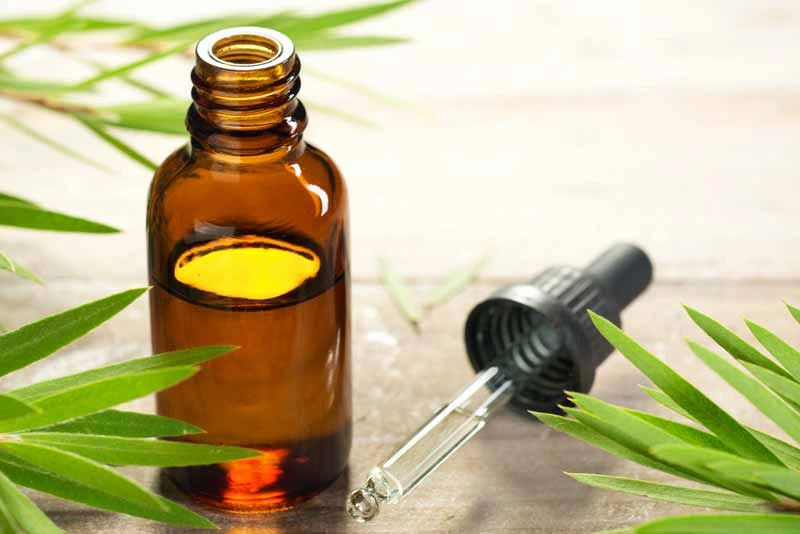
Known for its anti-inflammatory and antimicrobial properties, tea tree oil is one of the best ways to get rid of pimples. Dilute it with water or carrier oils to avoid skin irritation and apply directly to blemishes for fast results.
How to use: Mix a few drops with a carrier oil (like coconut or jojoba oil) and apply to the affected area.
2. Zinc Supplements
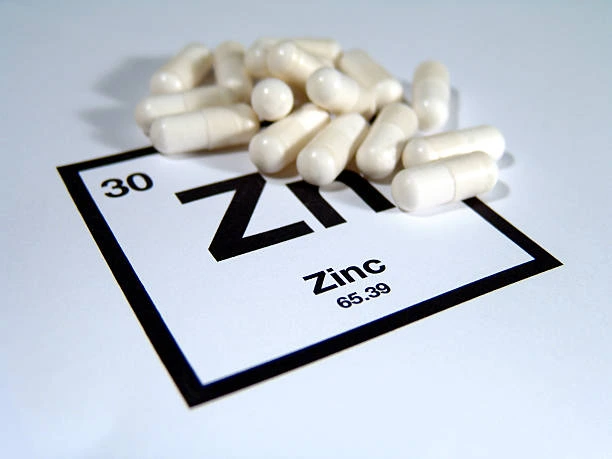
Zinc helps regulate sebum production and is effective against inflammatory acne. Studies suggest that oral zinc supplements can be a great addition to an acne treatment regimen.
Dosage: 30–40 mg per day is the recommended dose for treating acne.
3. Aloe Vera
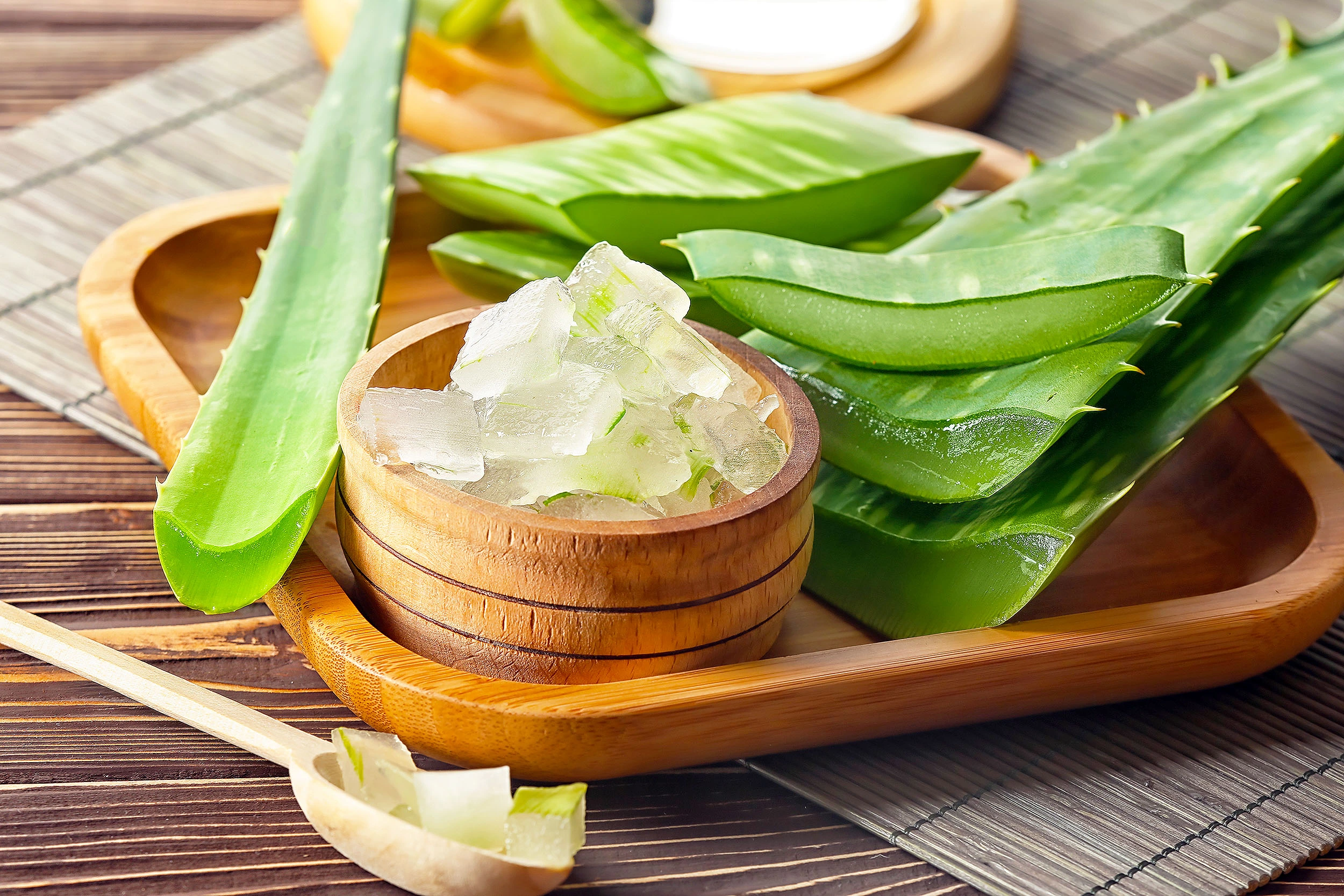
This natural remedy is renowned for its soothing and healing properties, making it perfect for reducing inflammation and redness. Apply pure aloe vera gel to calm pimples.
How to apply: Scoop out fresh aloe from a leaf and apply it to clean skin.
4. Turmeric
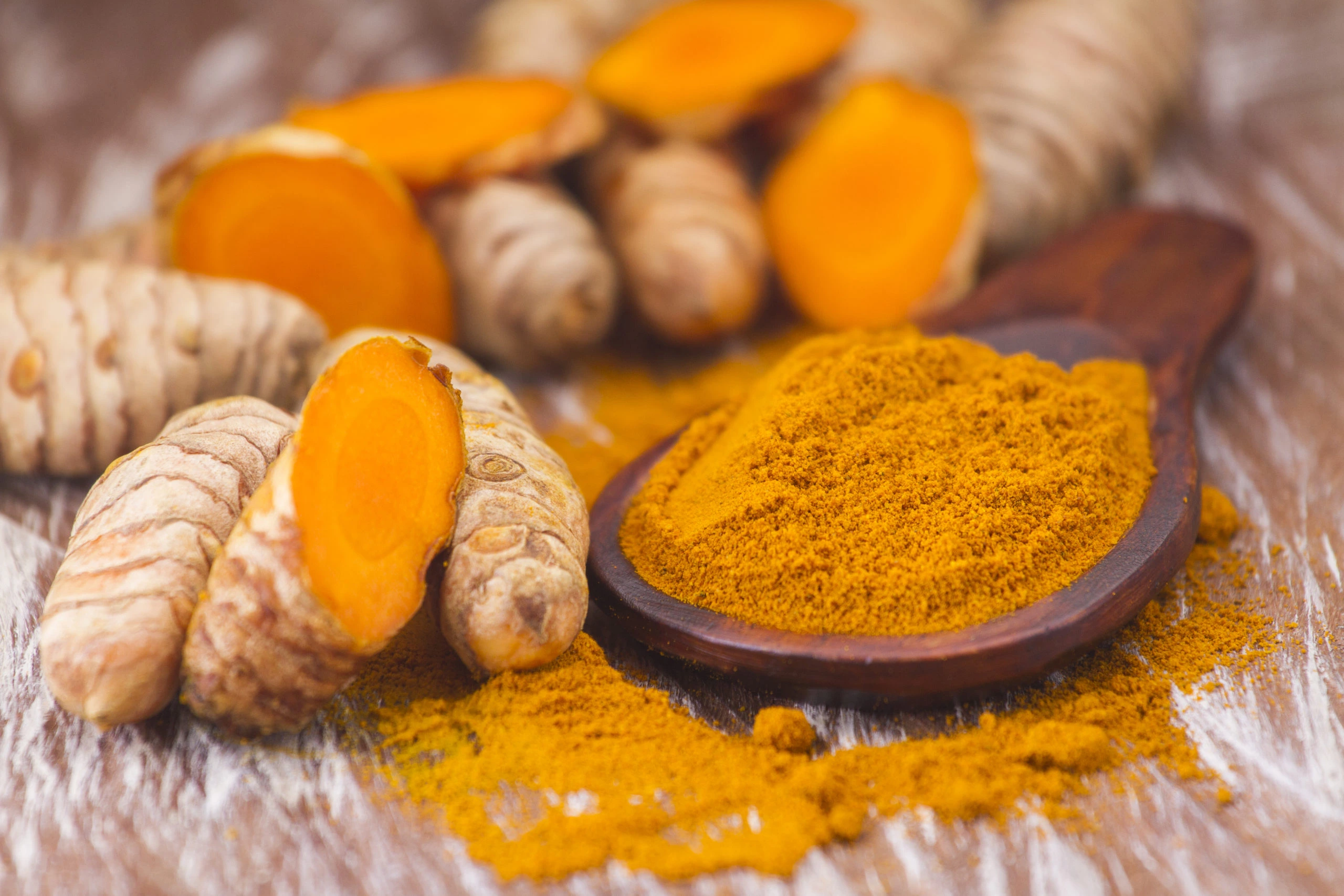
With its potent anti-inflammatory effects, turmeric is a popular remedy to reduce acne swelling. It helps heal the skin and minimize scarring. It is also effective and used in the treatment for spots.
DIY mask: Mix turmeric with honey or yogurt to create an acne-fighting mask.
5. Apple Cider Vinegar
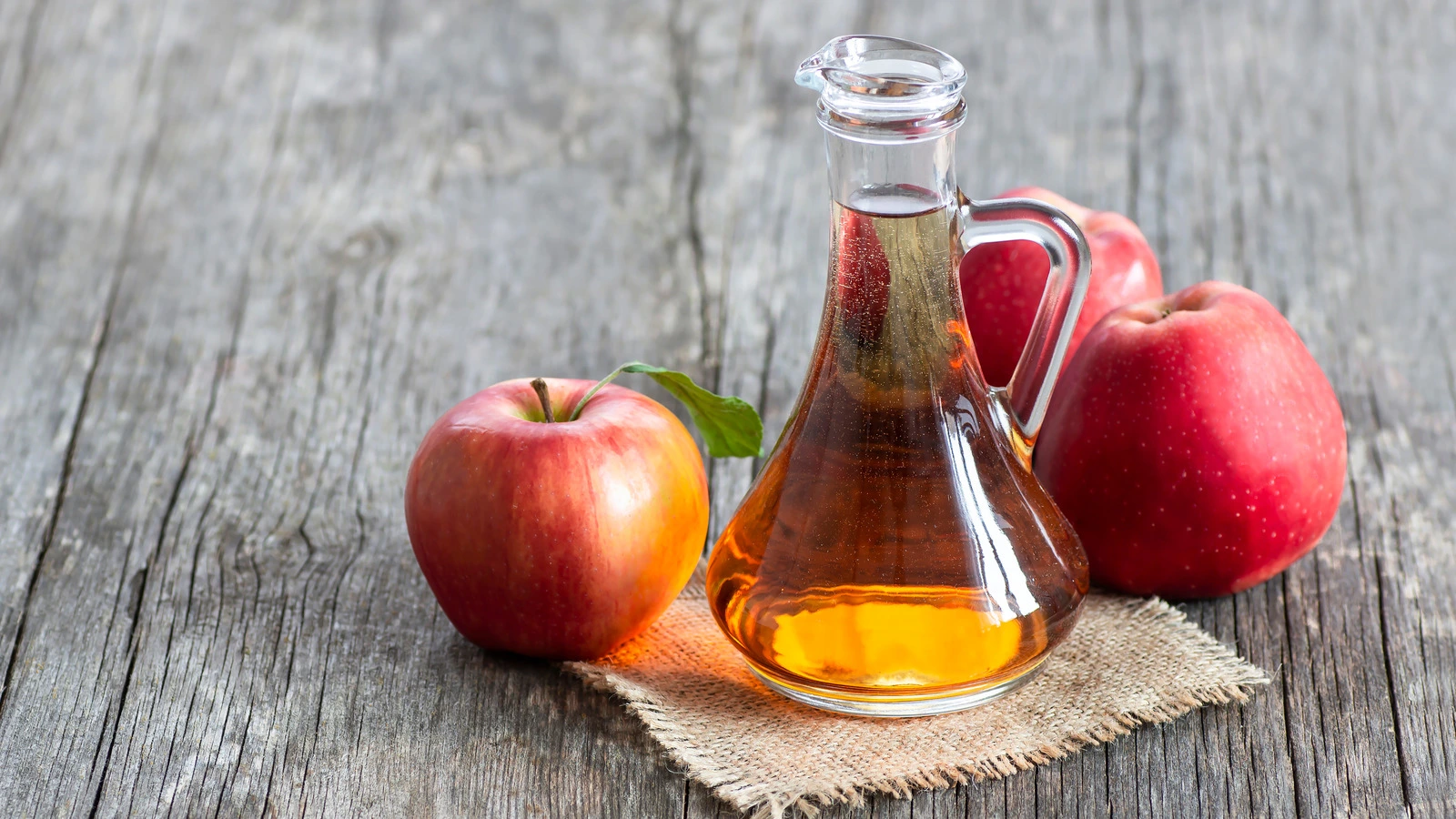
ACV helps balance the skin’s pH, remove dead skin cells, and minimize acne-causing bacteria. However, be careful when applying directly to avoid irritation.
Method: Dilute 1 part ACV with 3 parts water and use it as a toner on acne-prone areas.
6. Honey and Cinnamon
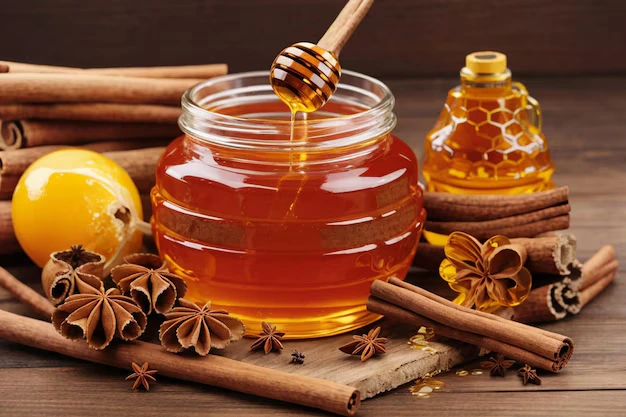
This powerful duo has antibacterial properties, making it effective against acne bacteria. Cinnamon enhances circulation, while honey soothes the skin. This remedy shows the result effectively and you can get rid of pimples overnight.
Mask recipe: Mix 1 tablespoon of honey with 1 teaspoon of cinnamon and apply it to your face for 15 minutes.
7. Green Tea
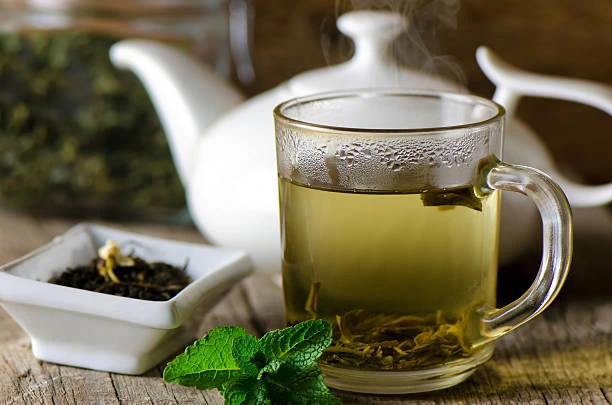
Green tea, rich in antioxidants, reduces sebum production and has anti-inflammatory properties. Use it both topically and internally for the best results.
How to apply: Brew green tea, let it cool, and use a cotton pad to apply it to your face.
8. Witch Hazel
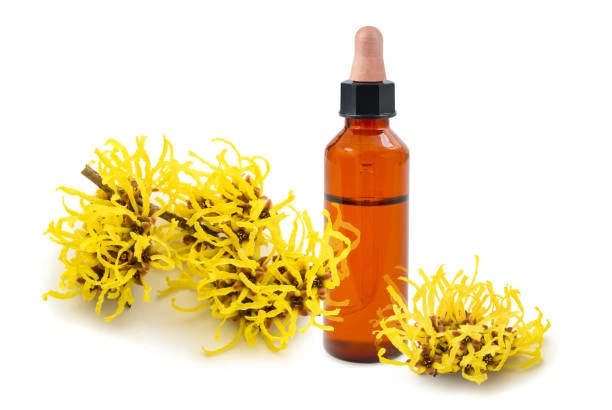
This natural astringent helps reduce inflammation and clears out pores, making it a solid choice for treating spots and blackheads.
Application: Apply witch hazel with a cotton ball to clean skin after washing your face.
9. Neem
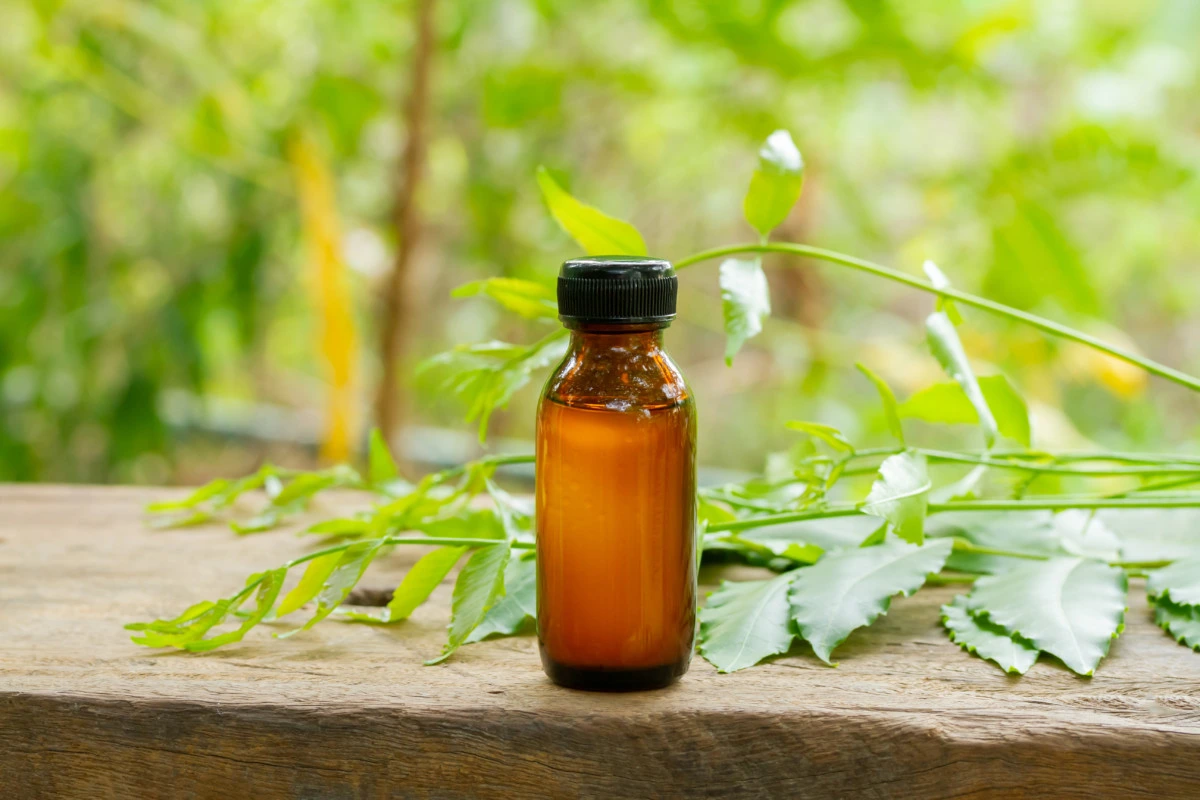
Neem has been used in Ayurvedic medicine for centuries to treat acne. Its antibacterial properties make it a powerful acne fighter.
How to use: Make a paste with neem powder and water and apply it to acne-prone areas.
10. Omega-3 Supplements
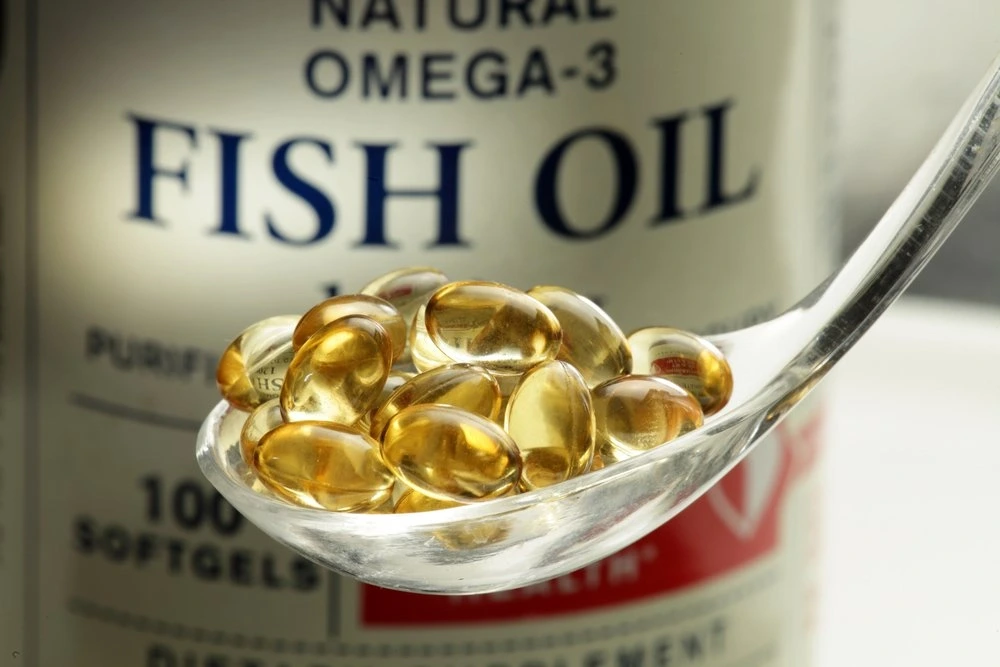
Omega-3 fatty acids reduce inflammation in the body, helping to minimize acne. Regular fish oil supplements can keep breakouts in check.
Recommended intake: 250–500 mg of combined EPA and DHA per day.
The Role of Diet in Acne Prevention
Your diet plays a pivotal role in acne development. Some foods are known to trigger breakouts, while others can help keep your skin clear. Here’s a closer look:
- Low-Glycemic Diet: High glycemic foods like white bread and sugar spike insulin, leading to inflammation and acne.
- Examples of low-glycemic foods: Whole grains, fruits, vegetables, and legumes.
- Dairy and Acne: Studies have linked dairy to acne due to its influence on hormone levels. Reducing dairy intake can be a way to clear up your skin.
- Hydration: Drinking plenty of water helps flush out toxins and keeps your skin hydrated.
Daily Lifestyle Changes to Prevent Acne
Skincare Routine: Use a gentle cleanser, toner, and moisturizer daily. Opt for non-comedogenic products that won’t clog pores.
Exercise: Regular exercise improves circulation and balances hormones, which can help reduce acne. However, always shower after working out to prevent clogged pores.
Stress Management: Engage in activities like yoga or meditation to reduce stress, which can lead to acne flare-ups.
Sleep Hygiene: A good night’s sleep can do wonders for your skin. Lack of sleep increases stress and causes breakouts.
Also Read –
- The Comprehensive Guide to Clay Masks: Uses, Benefits, and Safety
- Top 5 Soaps for Tan Removal in India: Expert Reviews & Buyer’s Guide
- Achieving Youthful Skin: Anti-Aging Skincare Tips and Lifestyle Advice
- DIY Niacinamide Recipes: Create Your Own Customized Serums
- Hydration and Beauty: How Water Can Transform Your Skin and Hair
What Acne Treatment is Right for You? (Professional vs. Home Remedies)
While DIY remedies are effective for many, they may not work for everyone—especially in severe cases of cystic or hormonal acne. Professional treatments such as topical retinoids, antibiotics, and chemical peels might be necessary.
- Home Remedies: Best suited for mild to moderate acne.
- Professional Treatments: Necessary for severe acne or when DIY treatments fail.
Combination Therapy: Using home remedies alongside professional treatments often provides the best results. Consult a dermatologist if you struggle to manage your acne despite your efforts.
Myths and Misconceptions about Acne Treatments
There are many misconceptions about acne treatment, such as:
- “Acne is caused by dirty skin”: Acne is caused by a combination of factors, not just hygiene.
- “Sun exposure helps clear acne”: While the sun may temporarily dry out acne, it ultimately worsens skin health and can lead to scarring.
Understanding the science behind acne helps you avoid common mistakes and adopt an effective skincare routine.
Acne Scars: Prevention and Treatment
Preventing acne scars is just as important as treating acne itself. Avoid picking or squeezing pimples to minimize the chance of scarring.
- Home Remedies for Scars: Aloe vera, turmeric, and vitamin E can help fade acne scars over time.
- Professional Treatments for Scars: Microneedling, chemical peels, and laser treatments can effectively reduce acne scars if home remedies don’t suffice.
FAQs
- How long do home remedies take to work?
- Home remedies often take 2–4 weeks to show noticeable improvement.
- Can you get rid of pimples overnight?
- While it’s rare, targeted treatments like tea tree oil or benzoyl peroxide may reduce the size of pimples overnight.
- Are DIY treatments safe for sensitive skin?
- Always perform a patch test before applying DIY remedies to avoid irritation.
- Can home remedies help with blackheads?
- Yes, home remedies like honey, cinnamon, and exfoliants such as oatmeal or sugar scrubs can help clear blackheads by unclogging pores and reducing oil buildup.
- What is the best way to remove pimples without leaving scars?
- The best way to remove pimples without scarring is by avoiding squeezing or picking at them. Instead, use spot treatments like tea tree oil or salicylic acid to reduce inflammation and promote healing.
Conclusion: Holistic Acne Care for Clearer Skin
Achieving clear skin is possible with a combination of effective home remedies, a balanced diet, and healthy lifestyle choices. Consistency is key, and if you’re struggling with severe acne, consult a dermatologist to explore professional treatments. Embrace the power of natural remedies to treat spots and prevent future breakouts for an acne-free, radiant complexion.

